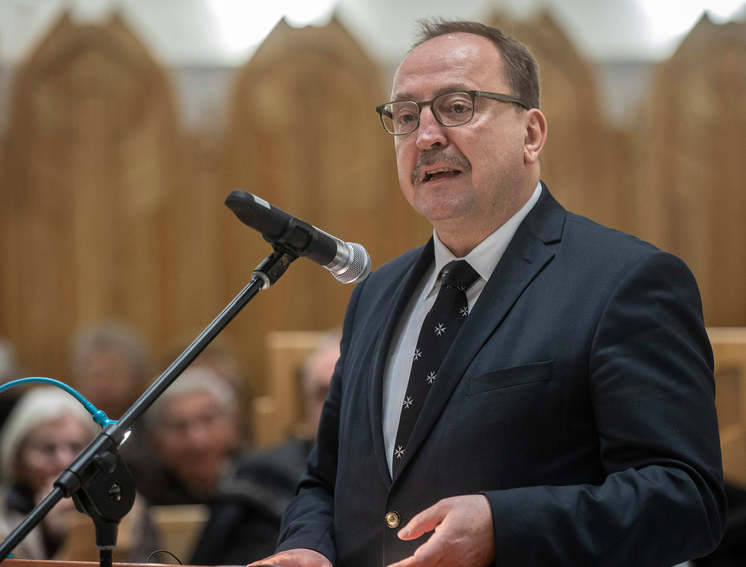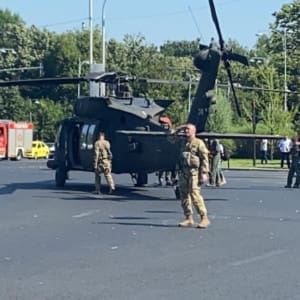Speaking following a camp in Slovakia this summer, Németh said that Central Europe needs to be strengthened, and an important component of this is the need to connect countries, especially in the field of infrastructure. At the same time, the participants of the forum in Slovakia said the deepening of economic and trade relations are of key importance, Németh emphasized.
He added that they all agreed that the greatest strength of the Visegrád cooperation is that it is based on voluntary attendance, so countries work together on issues where they have common interests.
“This experience has proved to be very functional in the last thirty years,” said Németh. The Visegrád Group was established in 1991 by then Hungarian conservative Prime Minister József Antall, and Hungary took over the group’s revolving presidency from Poland on July 1 of its 30th anniversary year.
Németh also emphasized that an important link between the V4 countries is that they value freedom and reject external coercion.
“Historical experience encourages us to do the same, […] but even today there are manifestations on the part of the EU that can be seen as a kind of external coercion,” he said.
The Chairman of the Foreign Affairs Committee also said that the only divisive issue during the forum was that of citizenship, as the Hungarian government is still considering the securing of dual citizenship for ethnic Hungarians in Slovakia, while the Slovak government remains opposed to dual citizenship.
At the same time, Slovak Secretary of State for Foreign Affairs Martin Klus emphasized at the forum that Slovakia was open to further negotiations and recognized the need to amend current citizenship regulations.
Title image: Zsolt Németh, head of the Hungarian Parliament’s foreign affairs committee. (MTI/Tibor Rosta)






